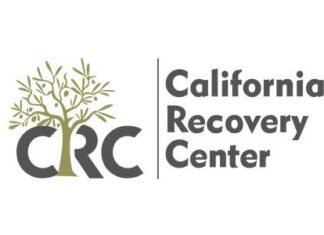Placer County is stepping up efforts to protect local waterways from pollution in unincorporated areas of the county.
A new Storm water Quality Ordinance that took effect Oct. 22 gives the county more explicit authority to enforce illegal discharges by residents and businesses.
The chief goal of the county’s Storm water Quality Program is to protect the health of the county’s rivers, streams, creeks and lakes by preventing the introduction of pollutants. The program emphasizes an education-based approach where residents and businesses are encouraged to manage activities and materials in ways that avoid the introduction of pollutants such as sediment, oil, trash and pesticides into the storm drain system.
The storm drain system includes catch basins, curbs, gutters, ditches, pipes and natural and manmade channels that are used to collect or convey storm water. Keeping pollutants out of the system is critical because stormwater is not treated before it reaches rivers and other waterways.
Even before the county Board of Supervisors approved the new ordinance, the federal Clean Water Act gave the county authority to prohibit illicit discharges into the storm drain system.
In the past, the county’s enforcement focused primarily on construction sites where grading work could allow sediment to be washed away and enter the storm drain system.
Now that the local ordinance is in place, the county intends to step up public education efforts and broaden its enforcement program to comply with state and federal laws that regulate storm water discharges.
The county Public Works Department is responsible for administration of the new ordinance. It drafted the measure after reviewing ordinances adopted by cities and other counties. Placer County’s draft ordinance was reviewed by business, homeowner and other groups before final adoption by the Board of Supervisors.
The new ordinance includes cost-recovery provisions that could be applied for major enforcement actions and authorizes the county to start levying fees at some point in the future to cover costs of operating the program.
The county’s public education efforts will be targeted at making sure the public understands what they should and should not do.
Restaurants, for example, should not wash kitchen mats with grease and food wastes in parking lots and other outside areas where waste materials can get into the storm drain system. New homeowners putting in landscaping should not pile loose dirt where it can be washed away into storm drains and should cover piles if rain is forecast. At construction sites where driveways are not paved, contractors should place gravel where the driveways link up with public roads, so construction equipment does not carry sediment onto roadways.
The ordinance requires anyone whose activities might allow pollutants into the storm drain system to use best management practices to the greatest extent practical to minimize, if not eliminate the pollution.
The ordinance contains exemptions that allow discharges into storm drains in some cases, including:
· Landscape irrigation and lawn watering;
· Diverted stream flows and irrigation water;
· Condensation from air conditioning;
· Individual residential car washing;
· Dechlorinated discharges from swimming pools; and
· Firefighting flows.
(21+ years strong)
Welcome to the brighter side!
Get in front of local customers! 24/7 (365)























